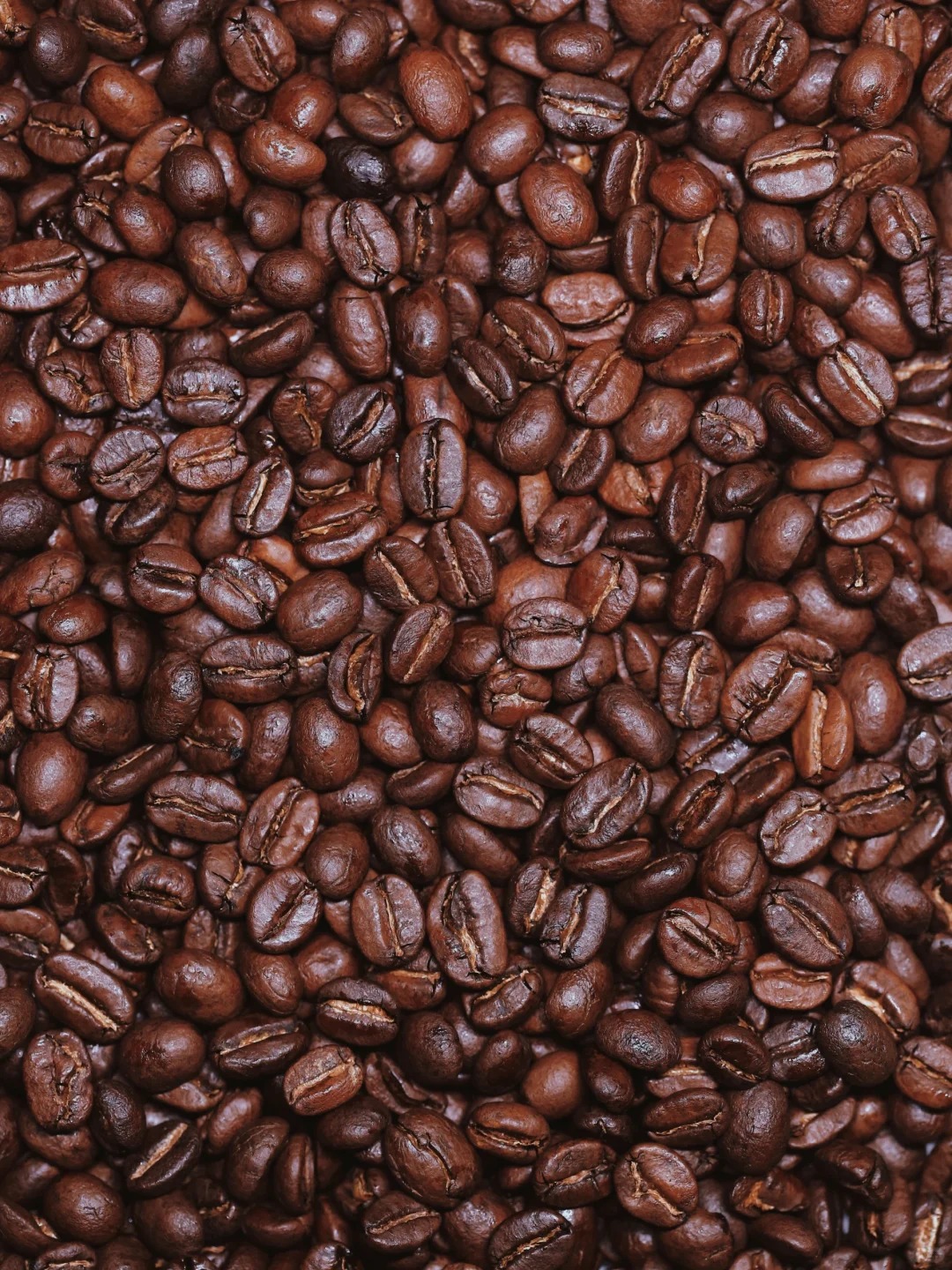As coffee lovers, we all love the aroma and taste of freshly brewed coffee. But have you ever wondered whether coffee beans go bad over time? At Tonchant, we’re committed to ensuring you enjoy the best coffee experience possible, so let’s take a deep dive into the factors that affect coffee bean freshness and shelf life.
Know the freshness of your coffee beans
Coffee beans are a natural product and like all natural products they have a limited shelf life. The freshness of coffee beans is crucial to the quality of coffee. Fresh coffee beans have a complex and vibrant flavor, while stale beans can result in a bland cup of coffee.
Factors affecting the freshness of coffee beans
Roast Date: Shortly after roasting, coffee beans reach their freshest state. The ideal time to eat them is within two to three weeks of the baking date. This is when the flavor of the coffee beans is at its strongest and most aromatic.
Exposure to air: After roasting, coffee beans begin to oxidize, resulting in a stale flavor. Exposure to air will speed up this process, so beans must be stored in airtight containers.
Light and heat: Light and heat degrade coffee beans, causing them to lose flavor and aroma. Store coffee beans in a cool, dark place to maintain their freshness.
Moisture: Coffee beans absorb moisture from the air, affecting their quality. Keep beans dry and avoid storing them in the refrigerator or freezer, where condensation can occur.
Signs that coffee beans are stale
It’s relatively easy to tell if coffee beans have gone bad. Here are some common indicators:
Dull Aroma: Fresh coffee beans have a rich, complex aroma. If your coffee beans don’t have a strong smell, they’re probably past their prime.
Bland Taste: Old coffee beans produce coffee that tastes bland and monotonous, lacking the nuanced flavor that fresh coffee beans provide.
Oily surface: While some oil on the surface of dark roasted beans is normal, excessive oily sheen may indicate that the beans have been exposed to heat or light for too long.
Extend the shelf life of coffee beans
While you can’t keep coffee beans forever, you can take steps to extend their freshness:
Buy in small quantities: Buy coffee beans in small quantities that can be consumed within a few weeks. This way, you always have fresh beans on hand.
Proper storage: Store beans in airtight, opaque containers in a cool, dark place. Avoid transparent containers that allow light to penetrate.
Grind before brewing: Whole coffee beans stay fresher longer than pre-ground coffee. Grind coffee beans before brewing to maximize flavor.
The role of packaging
At Tonchant, we understand the importance of packaging in maintaining the freshness of your coffee beans. Our coffee products, including drip coffee bags and beans, are carefully packaged to ensure they reach you in the best possible condition. We use high quality airtight packaging to protect the coffee beans from light, air and moisture.
in conclusion
Coffee beans do go bad, but with proper storage and handling, you can extend their freshness and enjoy a great cup of coffee every time. At Tonchant, we are committed to providing you with the highest quality coffee products to enhance your brewing experience. By understanding the factors that affect the freshness of your coffee beans, you can make informed choices and enjoy the best flavors your coffee has to offer.
For more tips on coffee storage and to explore our range of premium coffee products, visit the Tonchant website.
Stay fresh, stay caffeinated!
warm regards,
Tongshang team
Post time: Jun-13-2024
